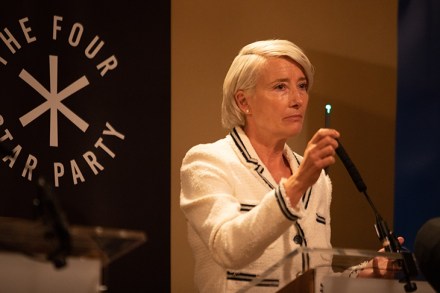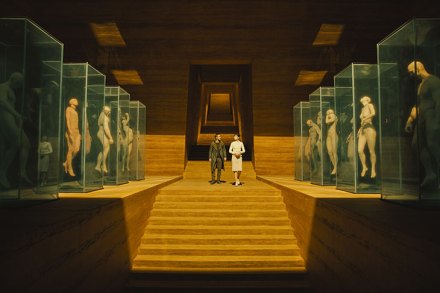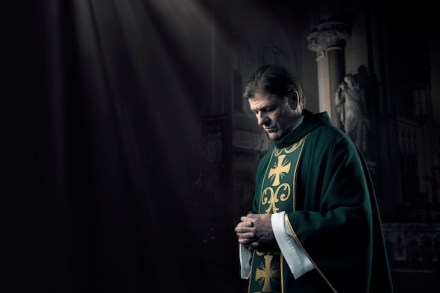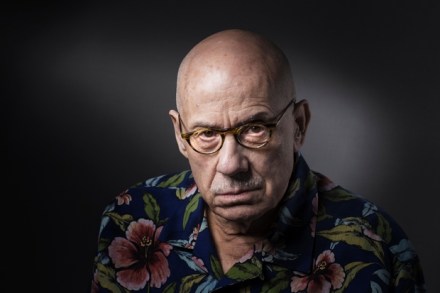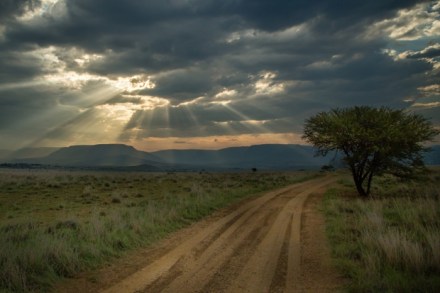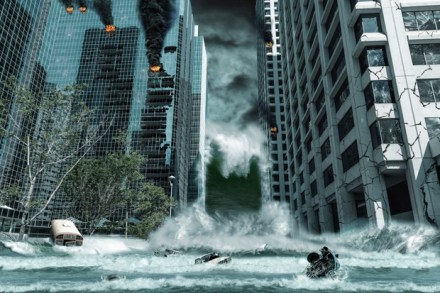Thinking inside the box | 16 May 2019
These days, a common way of introducing radio news items is with the words ‘How worried should we be about…?’ The trouble with this formula is not just the strange notion that anxiety has apparently become some sort of moral duty — even a badge of honour. It’s also that we generally know what the answer will be: we should be very worried indeed. Now, in Russell T. Davies’s Years and Years (BBC1, Tuesday), the same formula serves as the premise for a television drama. The first episode began by introducing us to three adult siblings, scrupulously chosen to represent modern Britain — at least as seen on TV. (The
